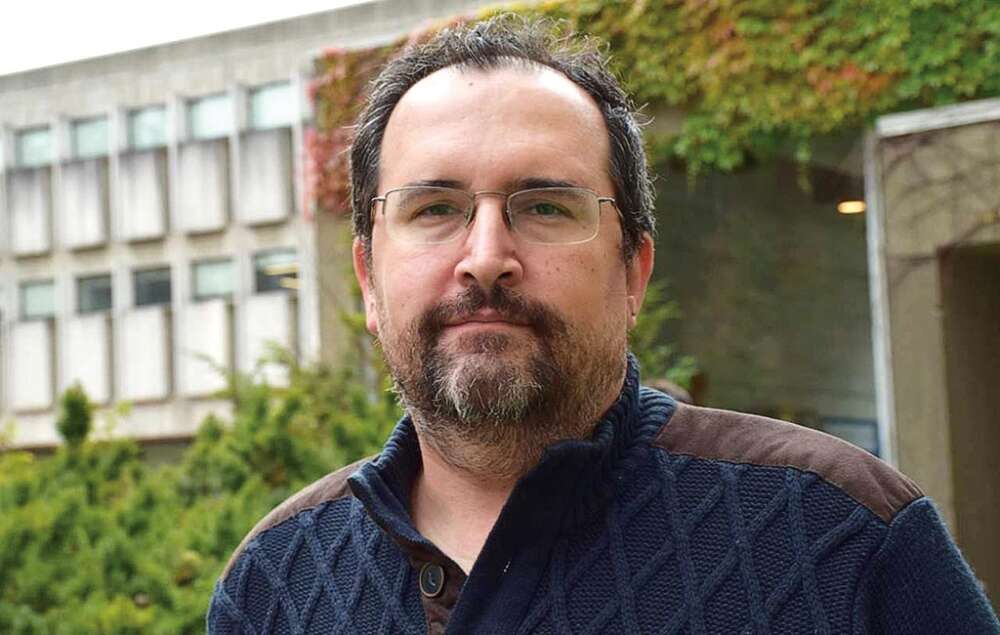As Russia’s invasion of Ukraine continues, Ukrainian academics face uncertain futures, says a University of Guelph historian in a Conversation Canada commentary.
Dr. Evren Altinkas is a Turkish scholar who was forced out of his academic position by his university’s administration after he participated in a wave of demonstrations and civil unrest in 2013. With help from the Scholars at Risk Network, he relocated to Canada in 2018 and is continuing his career at U of G as an adjunct professor in the Department of History.

In the commentary co-authored with Prof. Karly Kehoe at Saint Mary’s University in Halifax, Altinkas said based on what has happened before in countries experiencing war or political turmoil such as Syria, Venezuela and Hungary, Ukrainian academics “likely face exile, various forms of harassment or worse.” The same may be true for Russian academics who support their Ukrainian counterparts.
Educational institutions are often primary military targets when a war or conflict begins, he wrote. According to UNESCO (United Nations Education, Scientific and Cultural Organization), attacking such institutions allows “extremists to spread fear and indoctrinate new recruits.”
Intellectual dismantling is another fate that may befall universities, he wrote. An extreme example is Syria, where professors, researchers and students were harassed, kidnapped and/or murdered because their “work was perceived as being at odds with the messaging of the regime or government.”
Academic censorship is another future scenario, said Altinkas, for which “the consequences (…) are severe because not only is immense human capital lost, but global research capacity is undermined.”
Long-term support recognizing the needs of scholars at risk and science diplomacy is needed to better aid academics in their host and home countries, he wrote.
“Being able to criticize government policy, to research subjects that are controversial or critical of an authoritarian government — or to advocate in fields like women’s health — is not a freedom that all academics and students possess.”
Altinkas is available for interviews.
Contact
Dr. Evren Altinkas
altinka@uoguelph.ca
